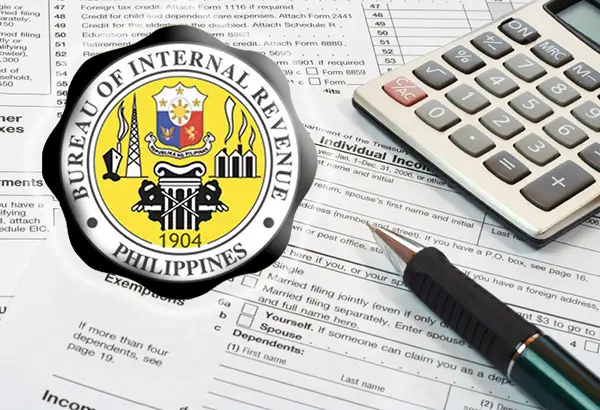Buying, selling or inheriting real property can be a big challenge especially if you do not know how to go about the tax remittances required of you. Well, just like the case with other business ventures, evasion of real estate-related taxes is not tenable. While you would want to engage in some scrupulous dealings to acquire a house or property cheaply through underhand tactics, the transfer of property which must be official as well as the legality of ownership are some things that will automatically keep you within the rules that define property acquisition, selling and inheritance.
Always, before property ownership is transferred, you must make sure tax returns are filed. For many years and in a bid to help real property buyers cope with tax hurdles, Lamudi which is a company based in the Philippines has helped with listing real property taxes and especially the most common ones as well as guidelines for calculating them. In this post, we take a look at some of them.
Table of Contents
Capital Gains Tax
Abbreviated as CGT, is a tax that is usually imposed on profits that accrue from the sale of property or capital assets. However, before this is imposed, any property must be evaluated if it meets the criterion of capital assets and in which case it must fulfill such conditions as a property traded, property held as stock by a taxpayer, and that it must be utilized in business in which case taxpayers claim depreciation. The value of the capital tax is always calculated as six percent of the property market value. This is always determined by the Bureau of Internal Revenue with the help of a city/provincial property evaluator or assessor.
Real Property Tax
In the Philippines, local government authorities have been given the discretion to generate and impose their own taxes and one main source of such revenue is real property tax, abbreviated as RPT. Fundamentally, this is the tax that is imposed on anything in the name of real property and examples include machinery, land, building, and many others. In this case, the tax to impose is always calculated on the basis of property use and it is always just a fraction of the prevailing market value of the such property. An instance is the twenty percent tax levied on residential real property. Tax levied on commercial property goes up to fifty percent of any of such assets.
Documentary Stamps Tax
Well, the sale of real property is usually accompanied by some documents such as loan agreements, papers, and instruments which basically serve as evidence of property transfer. Documentary stamps tax is therefore that which is levied on such documents.

Photo credit: Philstar.com
Transfer Tax
Real property transfer is done in many different ways such as donation, sale, and inheritance, or through barter trade. Transfer tax is therefore that which the Bureau of internal revenue levies on such transactions and it is always less than one percent of the total property value.
Other property taxes include donor’s tax and estate tax. Well, before buying property in the Philippines, it is important to know what type of tax you are required to pay.
